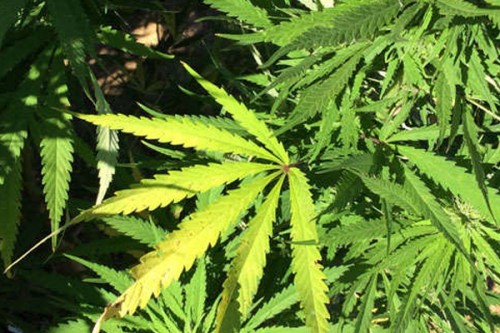Increased marijuana use to spike toxic metals in blood & urine: Study

New York, Sep 1 (IANS) A team of US researchers has detected significant levels of metals in the blood and urine among marijuana users, concluding that marijuana may be an important and under-recognised source of lead and cadmium exposure.
Researchers at Columbia University Mailman School of Public Health found that people with exclusive marijuana use compared to nonmarijuana-tobacco had significantly higher lead levels in blood (1.27 microgram per decilitre) and urine (1.21 microgram/gram creatinine).
“Because the cannabis plant is a known scavenger of metals, we had hypothesised that individuals who use marijuana will have higher metal biomarker levels compared to those who do not,” said Katelyn McGraw, postdoctoral researcher in Columbia Public Health’s Department of Environmental Health Sciences.
“Our results therefore indicate marijuana is a source of cadmium and lead exposure,” McGraw added.
In the study, McGraw and team examined 7,254 participants who had used marijuana in the last 30 days. Five metals were measured in the blood and 16 in urine; 358 people were found to have 27 per cent higher blood lead levels than those who said they didn’t use either marijuana or tobacco.
There were also 22 per cent higher levels of cadmium in those marijuana users according to the research, published online in the journal Environmental Health Perspectives. Researchers also found that the urine samples showed similar results.
Marijuana is the third most commonly used drug in the world behind tobacco and alcohol. Lead exposure is known to harm children and pregnant women. In adults, chronic exposure to lead increases the risk of high blood pressure, heart problems and kidney damage.
Studies have shown high cadmium levels can severely irritate the stomach and cause vomiting and diarrhoea, cause cancer as well as lead to death.
“Going forward, research on cannabis use and cannabis contaminants, particularly metals, should be conducted to address public health concerns related to the growing number of cannabis users,” said Tiffany R. Sanchez, Assistant Professor of environmental health sciences at Columbia Public Health.

|

|

